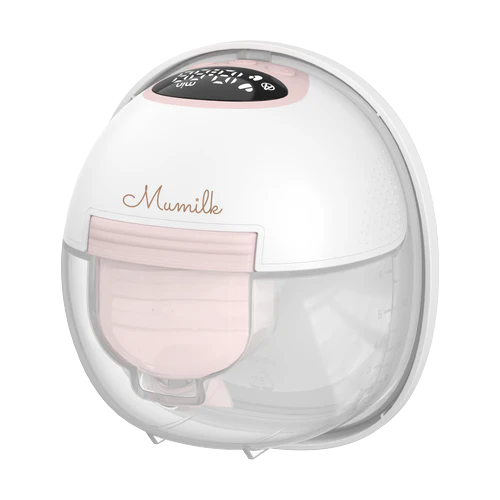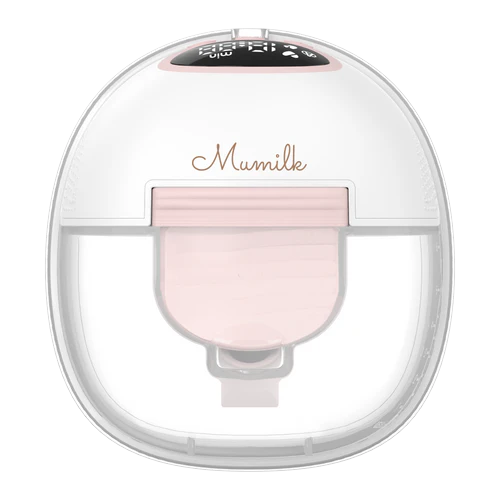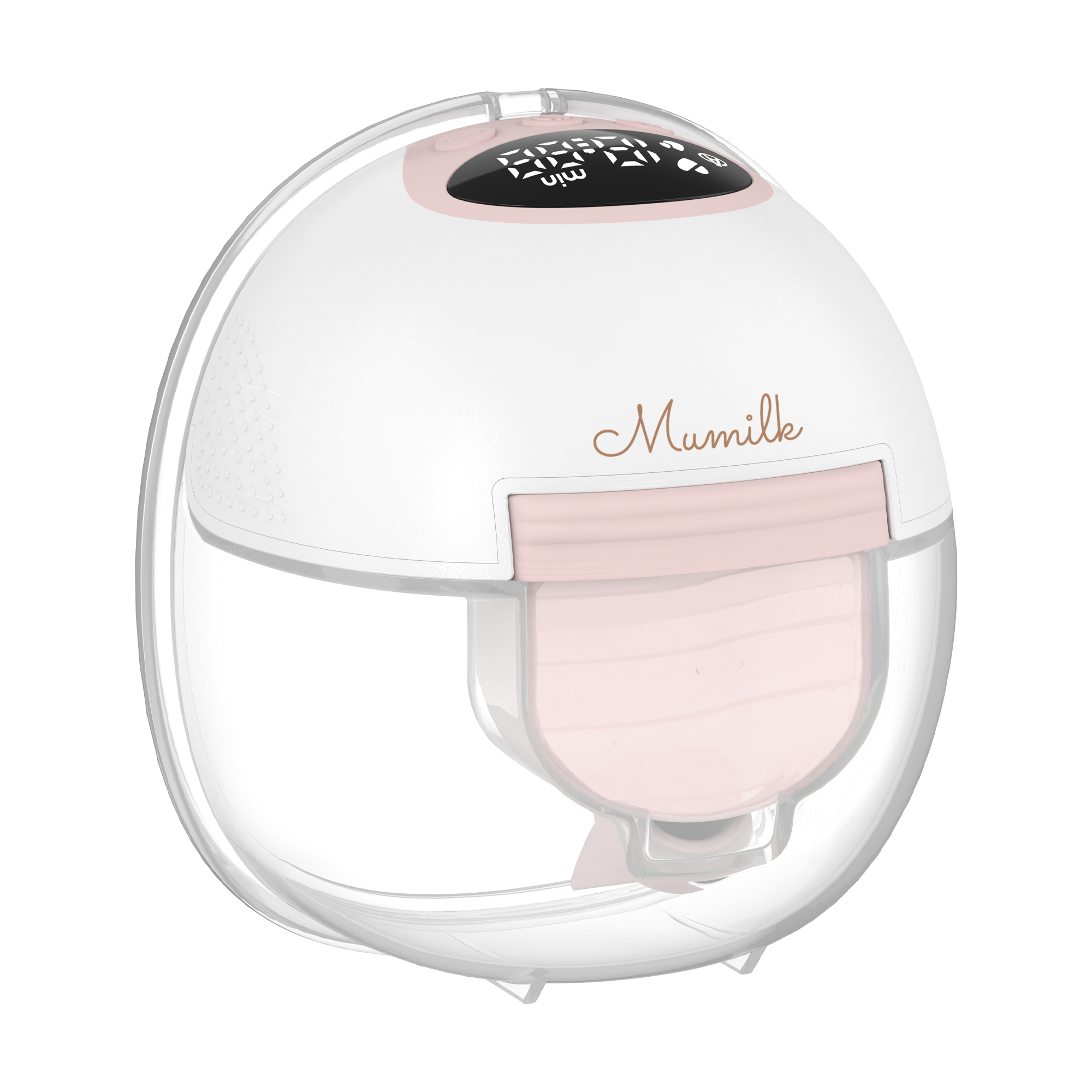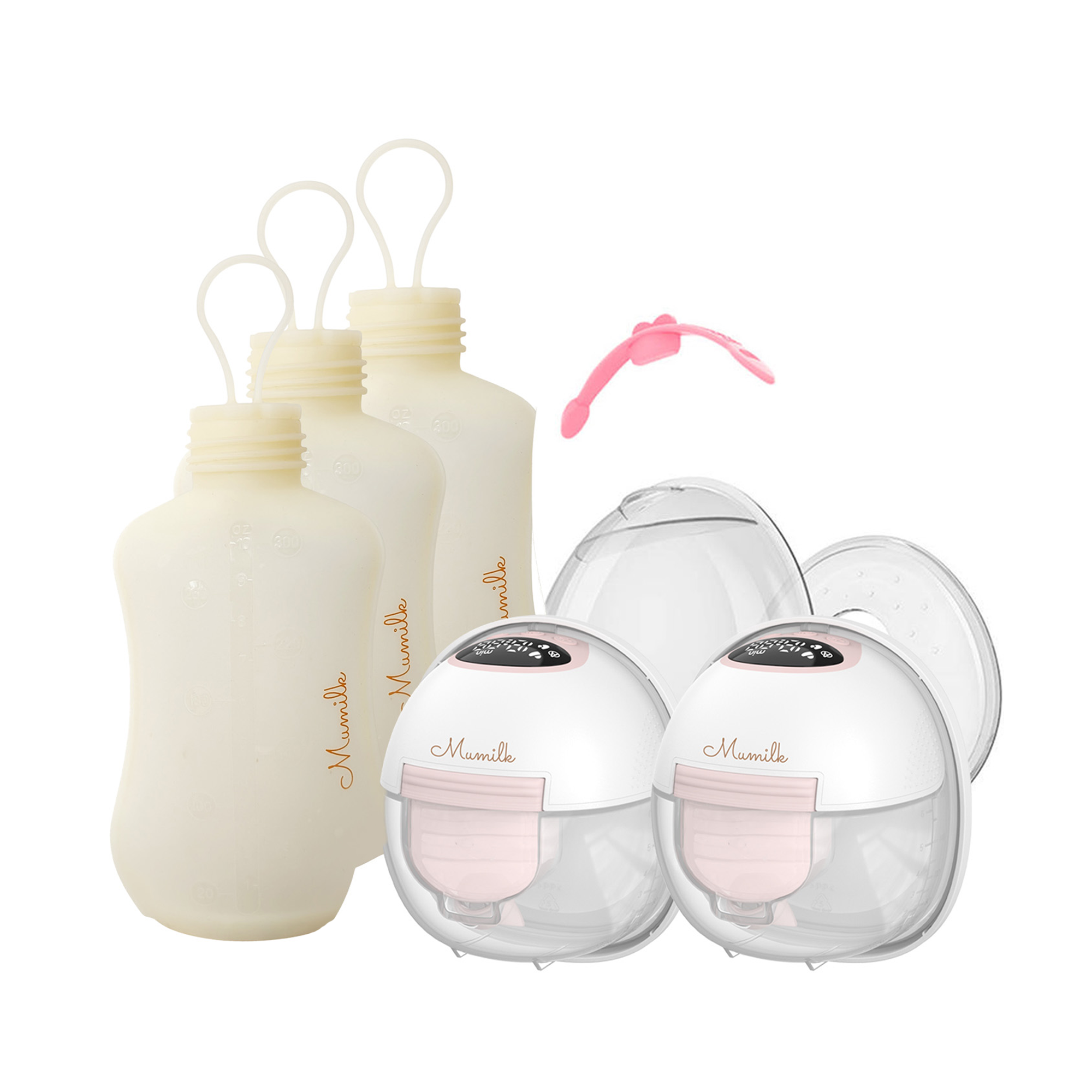For nursing mums, ensuring an ample milk supply is a top priority to support their baby’s growth and development. However, some mums may encounter challenges with their milk supply, especially during the early stages of breastfeeding. While there’s no one-size-fits-all solution to address low milk production, incorporating certain foods and drinks into your diet can help stimulate lactation and promote a healthy milk supply.
Top 19 Foods to Boost Breast Milk Production
Every mum is different and may respond differently to various methods for increasing milk supply. However, there are certain lactation-friendly foods that are commonly known to support lactation for many nursing mums. Here are some of them:
Galactagogues
A galactagogue is a substance that helps stimulate milk production. Most galactagogues boost the body’s prolactin level, one of the hormones involved in milk production. While there’s little medical evidence about the effectiveness of galactagogues in increasing milk supply, some of these foods are nutritious and are often suggested among nursing mums.[1]

Some of the galactagogues you can add to your diet are:
- Fenugreek
Contains phytoestrogens and diosgenin, which may contribute to an increase in breast milk production.
- Brewer’s yeast
Often found in lactation cookies due to its high amounts of B vitamins, selenium, chromium, iron, and protein.
- Fennel
Can be consumed as a vegetable, brewed as tea, or used as a spice ingredient to stimulate and boost milk production.
Protein-Rich Foods
Nursing mums need to consume sufficient protein to maintain their muscle mass while providing proper nutrition to their babies through breast milk. It is recommended for breastfeeding mums to consume 65-71 grams of protein or an additional 17 grams per day to maintain their prolactin levels and sustain their breast milk supply.[2]
Here are some of the best sources of protein:
- Salmon and sardines
In addition to protein, they are also rich in vitamin B12 and omega-3 fatty acids, both of which are thought to help fight off postpartum depression.
- Lean beef
Source of high-quality protein rich in zinc, iron, and B vitamins.
- Eggs
Packed with protein, choline, lutein, vitamins B12 and D, riboflavin, and folate.
- Legumes and beans
Contains phytochemicals that are found to boost the immune system, help prevent cancer and DNA damage, as well as regulate hormones.
- Low-fat dairy products
Apart from protein and B vitamins, dairy products are also one of the best sources of calcium, which aids in the development of your baby’s bones.
Whole Grains
Whole grains are highly nutritious for breastfeeding mums, believed to possess properties that support the hormones involved in lactation. Incorporating the following whole grains into your diet may help boost your breast milk supply:[3]

- Oats
Rich in iron and can help prevent anaemia among mums, it has been scientifically proven to directly affect milk production.
- Barley
One of the richest providers of beta-glucan, a polysaccharide proven to boost prolactin levels.
- Brown rice
Contains complex carbohydrates that keep you feeling full longer and prevent energy drops that often happen with refined carbohydrates.
Fruits and Vegetables
It’s no secret that fruits and vegetables are packed with many nutrients, and they are a must-have in every diet regardless of whether you’re aiming for an increased milk supply or not. Veggies are packed with vitamins and antioxidants, which can help the body restore the nutrients it takes to produce milk
It is recommended to get 7½ servings of vegetables and 2 servings of fruits a day for a healthy diet.[4] Here are some of the fruits and veggies you should add to your daily diet:

- Dark green vegetables
Dark leafy vegetables such as lettuce, spinach, alfalfa, and broccoli are packed with nutrients, calcium, and phytoestrogens that can help boost milk production.
- Spinach
A good source of calcium, iron, K and A vitamins, as well as folic acid.
- Carrots
Contains phytoestrogens, beta-carotene, and A vitamins.
- Dried fruits
Fruits such as dried apricots have phytoestrogens which help stabilise the hormones involved in lactation. Calcium-rich dried fruits like dates and figs are also thought to aid in increasing milk supply.
- Asparagus
A nutrient-rich vegetable packed with fibre, vitamins A, C, and K, as well as tryptophan which may help stimulate the release of prolactin
Nuts and Seeds
Nuts and seeds are rich sources of protein, fibre, vitamins, minerals, and antioxidants, as well as healthy monounsaturated and polyunsaturated fats. These are beneficial for skin health and offer protection against heart disease.
Nuts and seeds offer versatility in enjoying their nutritional benefits. If you’re not a fan of snacking raw or roasted nuts, you can add them to salads, cookies, or smoothies. Consuming them between meals also offers a convenient and satisfying way to boost your nutrient intake throughout the day.

- Almonds
A good non-dairy source of calcium—a mineral that breastfeeding mums should consume 1,000 milligrams of daily.
- Sesame Seeds
Rich with calcium and fibre, iron, magnesium, phosphorus, copper, as well as manganese.
- Flaxseed
A food and fibre crop with essential fatty acids and phytoestrogens that can influence breast milk production.
Top Drinks that Increase Breast Milk
What you drink plays an equally crucial role as what food you eat. Breast milk consists of 87% water, which makes adequate fluid intake more important to support its production. Nursing mums typically require approximately 100 ounces of fluids daily, so make sure you always keep your water nearby, especially if you’re frequently pumping or breastfeeding.
While water is the best thing to drink, there are also more flavourful, healthy options that will not only quench your thirst but also provide additional nutrients for you and your bub.

- Herbal tea
Usually features galactagogues such as fenugreek, ginger, fennel, and other herbs.
- Oat milk
Best for breastfeeding mums with low iron levels, oat milk is rich in iron as well as vitamins, calcium, and vitamin D which can help boost the milk supply.
How to Incorporate Lactation-Friendly Foods into Your Diet - 3 Easy and Nutritious Recipes
Here are three easy and satisfying recipes to boost lactation and keep you feeling energised throughout your breastfeeding journey:
Recipe #1: Fenugreek Soup
Ingredients:
- 1 cup fresh fenugreek leaves
- ½ cup of finely chopped onions
- 1 finely chopped ripe tomato
- 3-4 cloves minced garlic
- 2 cups of water
- 2 teaspoons of sesame oil
- Salt and pepper
How to prepare:
- Prepare the fenugreek leaves by washing and chopping them.
- Heat oil in a pan. Put in onion and garlic. Sauté until the onions turn transparent.
- Put in tomatoes and cook.
- Add chopped fenugreek leaves and sauté.
- Pour 2 cups of water. Add salt and pepper to your preference. Simmer for 15 minutes and serve hot.
Recipe #2: Lactation Overnight Oats
Ingredients:
- ½ cup of rolled oats
- 1 cup of milk
- 1 teaspoon of cinnamon
- ½ teaspoon of pure vanilla extract
- 2 tablespoons of nuts or seeds
- 1-2 tablespoons of sweetener
How to prepare:
- Mix all ingredients in one clean jar then stir. Cover with a lid and refrigerate overnight.
- When you're ready to eat, add a bit of your preferred milk, fresh fruit, crushed nuts, and sweetener to your overnight oats. Then, savour and enjoy!
Recipe #3: Herbal Nursing Tea
Ingredients:
- ½ cup of red raspberry leaf
- ¼ cup of alfalfa leaf
- ½ cup of nettle leaf
- ¼ cup of fenugreek seeds
- ¼ cup of fennel seeds
- ¼ cup of chamomile flowers
- ¼ cup of dandelion leaf
How to prepare:
- Combine the herbs and store them in a glass jar.
- To make tea, add 1 tablespoon of the herb mix to 2 cups of boiling water and let it simmer on the stove for 10-15 minutes.
- Strain and serve.
Unlock the Power of a Healthy Diet for You and Your Baby
Whether you’re breastfeeding or not, a healthy diet is essential for maintaining your well-being and providing optimal nutrition for both you and your baby.

While certain foods may help increase your milk production, remember that the best way to ensure a steady and plentiful supply is to breastfeed or pump frequently and ensure proper hydration and nutrition for yourself. With wearable breast pumps, you can conveniently express breast milk to maintain your supply and provide nourishment for your baby even when you’re away.
FAQs:
1. What foods help produce breast milk fast?
Certain foods like whole grains, leafy greens, vegetables, as well as nuts and seeds are known to support lactation and may help increase breast milk production.
Certain foods like whole grains, leafy greens, vegetables, as well as nuts and seeds are known to support lactation and may help increase breast milk production.
2. Which fruit increases breast milk quickly?
Apricots, dates, and figs are some of the most common fruits believed to help increase breast milk production due to their nutritional profile. However, like most galactagogues, their effectiveness may vary from person to person.
Apricots, dates, and figs are some of the most common fruits believed to help increase breast milk production due to their nutritional profile. However, like most galactagogues, their effectiveness may vary from person to person.
3. Why is your milk supply decreasing?
The drop in breast milk supply might be attributed to different factors, including the following:5
-
Infrequent feeding or pumping
-
Extra feeds of milk formula that lessen the baby’s appetite for breast milk
-
Early introduction of solid foods
-
Illness and medications
-
Hormonal changes
-
Consumption of alcohol, caffeine, or nicotine
The drop in breast milk supply might be attributed to different factors, including the following:[5]
Infrequent feeding or pumpingExtra feeds of milk formula that lessen the baby’s appetite for breast milkEarly introduction of solid foodsIllness and medicationsHormonal changesConsumption of alcohol, caffeine, or nicotine4. Can you increase breast milk in one day?
No. While it's possible to take steps to support milk production, significant increases in milk supply usually take time and consistency. Talk to a lactation consultant or healthcare provider for personalised guidance and strategies to quickly optimise your milk production.
No. While it's possible to take steps to support milk production, significant increases in milk supply usually take time and consistency. Talk to a lactation consultant or healthcare provider for personalised guidance and strategies to quickly optimise your milk production.
References:
- https://www.ncbi.nlm.nih.gov/pmc/articles/PMC8248610/
- https://www.ncbi.nlm.nih.gov/pmc/articles/PMC10255346/
- https://www.sciencedirect.com/science/article/pii/S0002916523048426
- https://raisingchildren.net.au/grown-ups/looking-after-yourself/new-mums/breastfeeding-diet-lifestyle
- https://www.breastfeeding.asn.au/resources/why-supply-dropping












Share:
How to Increase Milk Supply? (6 Essential Tips for Mums)
Are Breastfeeding Supplements Effective? How to Choose What Works